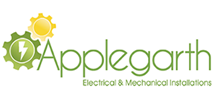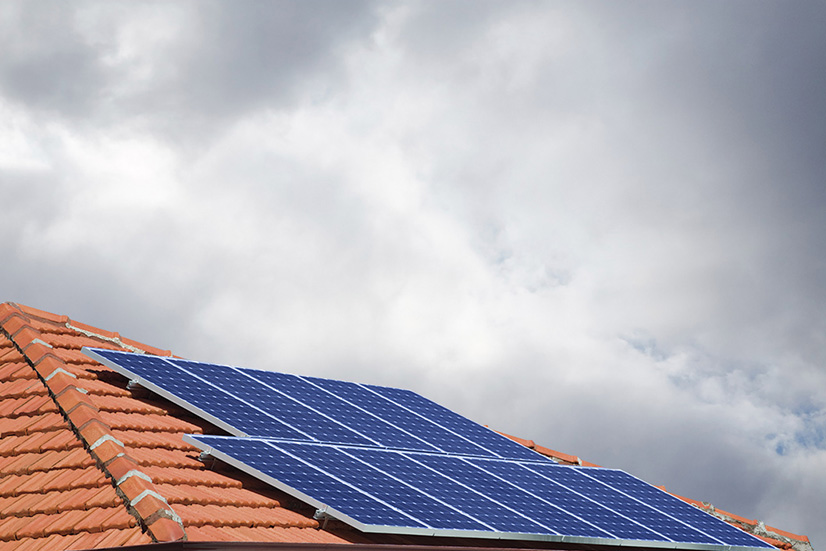Not just bright days
Despite what you might think, solar panels can operate in a wide range of climate conditions. This is because as well as visible light, they also absorb and can produce energy from light from across the non-visible spectrum. Productivity is higher on brighter days, but you can still receive adequate power even when conditions are overcast and grey. And with with modern battery systems, you can offset less productive days by storing any energy you haven’t used.
The winter months
It might be the case that productivity isn’t as high during the winter, as compared to the rest of the year. This is a result of shorter days, as well as more overcast weather. Cold temperatures are no obstacle to generating electricity with solar panels, because what is being converted is light, not heat. Snow fall and debris like leaves may affect performance, but shouldn’t be too much trouble to monitor and clear if you keep on top of it.
You can still switch to grid electricity in the event of insufficient power being generated. Depending on your usage, this shouldn’t happen too often, and overall you are still making significant savings on your usage. With solar panels being a long-term investment, the amount of energy you are generating is calculated on a yearly basis, not day-by-day or month-by-month.
Are solar panels right for me?
Germany is the world’s leading consumer of solar energy, despite its northern European climate, so if where you live isn’t exactly known for clement weather, you should still consider solar PV panels as an option. Solar PV technology improves all the time, and they increasingly become more efficient in all levels of brightness.
If you would like to learn more and get in touch with a reputable, established and accredited supplier and installer of solar systems, get in touch with us today.







